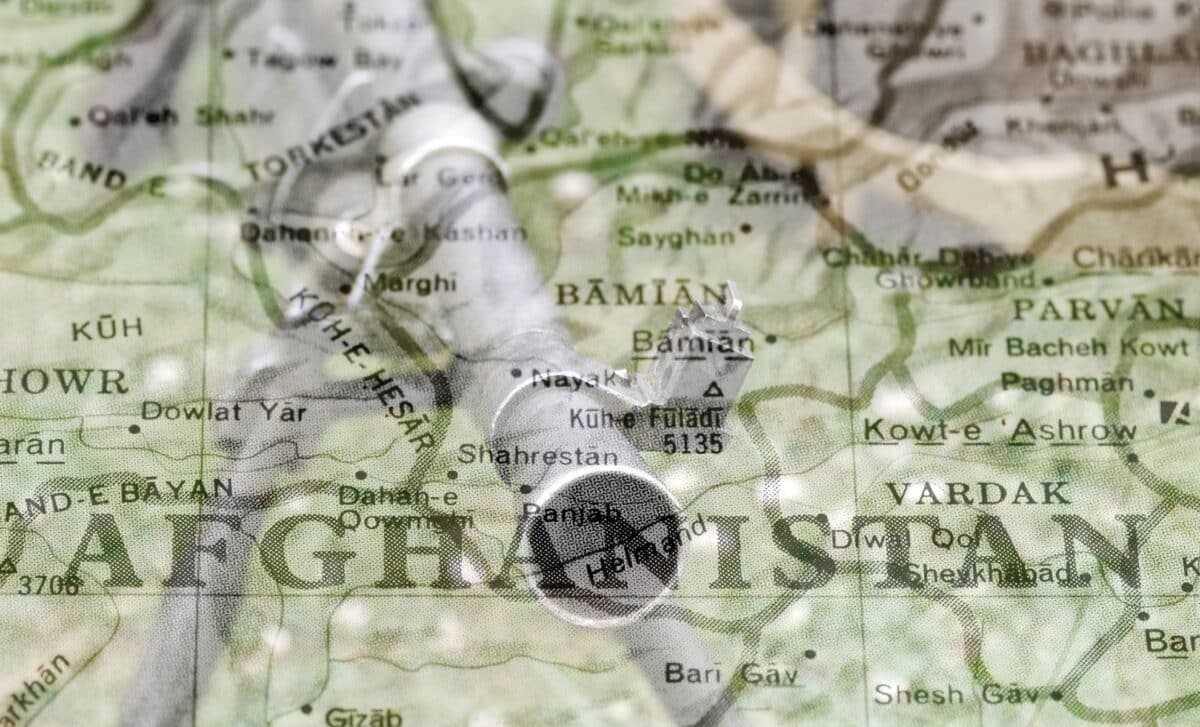The U.S. House of Representatives has approved new legislation aimed at preventing American taxpayer funds from benefiting the Taliban-led government in Afghanistan. The No Tax Dollars for Terrorists Act, sponsored by Republican Representative Tim Burchett, received bipartisan support and passed without objection.
The measure follows growing concern over the unintended consequences of humanitarian aid sent to Afghanistan since the U.S. military withdrawal in 2021. Despite formal restrictions on direct funding to the Taliban, reports have emerged suggesting that the group has accessed aid revenues indirectly, raising questions about oversight and accountability mechanisms.
Since regaining power in 2021, the Taliban has governed Afghanistan without international recognition. Although the U.S. officially classifies the Taliban as a terrorist organization and prohibits direct funding, the country has continued to provide humanitarian assistance to the Afghan population. According to USAID, nearly $2 billion in aid was sent to Afghanistan between August 2021 and January 2024. While the agency maintains that none of this money went to the Taliban, concerns remain due to the centralized control the group exerts over the country’s financial systems.
The debate intensified after a May 2024 report by the Special Inspector General for Afghanistan Reconstruction (SIGAR) revealed that approximately $10.9 million in U.S. aid had ended up with the Taliban. This occurred through mechanisms originally established by the former Afghan government, where NGOs and international organizations were required to pay taxes, utility fees, and operational costs that now benefit the Taliban-led administration.
Iran Intensifies Retaliation Against U.S., Putting Gulf at Risk
Humanitarian Aid and Indirect Taliban Benefit
According to SIGAR, while the intent behind U.S. humanitarian efforts was to support Afghan civilians, systemic weaknesses allowed the Taliban to siphon off funds. The group reportedly profited from financial flows channeled through Afghanistan’s central bank, which it now controls. The House Foreign Affairs Committee confirmed that nearly $40 million in cash is still being shipped weekly to this bank.
Representative Tim Burchett argued on the House floor that “nearly all of the cash aid sent to Afghanistan ends up in the hands of the Taliban,” citing testimonies from Afghan resistance figures. Ali Maisam Nazary, head of foreign relations for the National Resistance Front of Afghanistan (NRF), echoed these concerns, asserting that “there is no mechanism in a Taliban-occupied Afghanistan that can prevent the exploitation of aid by terrorists at the moment,” as reported by Newsweek.
Legislative Response and Policy Implications
The newly passed bill gives the U.S. Secretary of State a 180-day window to develop a comprehensive strategy to discourage both foreign governments and non-state actors from providing aid that could benefit the Taliban. The policy includes a requirement for detailed reporting to Congress on current and future aid flows.
Brian Mast, chairman of the House Foreign Affairs Committee, stated that the legislation ensures “not a single penny of American taxpayer money ends up in the hands of the Taliban—not directly, not through back doors, and not via weak-willed foreign governments or shady NGOs.” The bill is now under consideration by the U.S. Senate, where its supporters urge a swift and similar approval.
Calls for Targeted Aid and Stronger Oversight
Nazary, representing the NRF, welcomed the legislation as a vital step toward ensuring humanitarian aid reaches those in need without empowering terrorist groups. He advocated for the establishment of a “secure free and humanitarian zone,” modeled on areas of northern Afghanistan in the 1990s, where aid could be distributed under full international oversight and outside Taliban control.
According to Nazary’s remarks, the goal is to create a delivery system that guarantees transparency and prevents any funds—“even a dollar”—from being exploited by entities like the Taliban or Al Qaeda. His appeal includes a call to the Senate to act with the same decisiveness shown by the House of Representatives in passing the bill.








